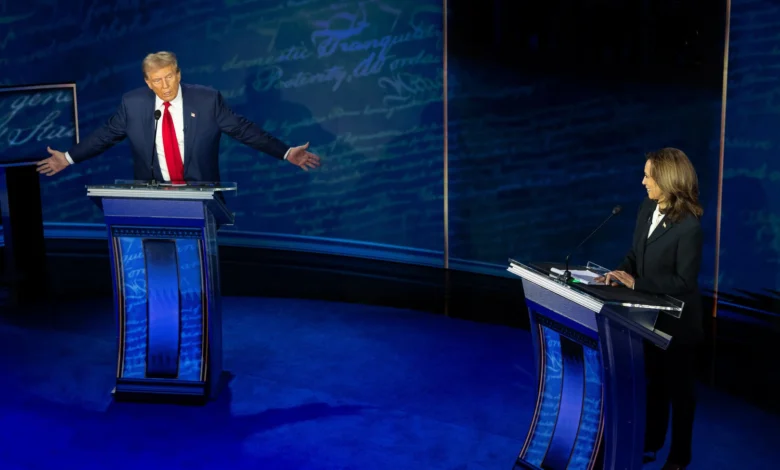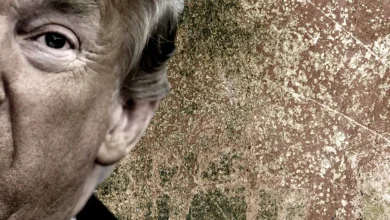Fracking, a key point in the debate between Kamala Harris and Donald Trump.

Looking ahead to the elections on November 5, the first debate took place this Tuesday between the Democratic candidate for the presidency of the United States, Kamala Harris, and the Republican Donald Trump. The event was organized by the NBC news network.
During this meeting, fracking as a means of drilling to obtain fossil fuels was positioned as one of the central topics on the agenda. When questioned about the issue, the Democratic candidate limited herself to commenting that her values had not changed and that she wanted to help people get better, not get worse. This is how she explained how she went from wanting to prohibit this practice in the past to committing to respecting it as a candidate. The former president and now Republican candidate counterattacked his Democratic rival by ensuring that “he has been against fracking for 12 years.” It is worth mentioning that Harris has relaxed her position on this matter, which is once again of great importance for Democrats, who are seeking the 19 electoral votes in Pennsylvania, the second largest producer of natural gas in the United States, largely thanks to fracking. Furthermore, during her first interview as a presidential candidate, Harris assured that during her period as vice president she did not prohibit fracking, and clarified that, if she wins the election, she will not do so either. However, Trump has repeatedly questioned Harris’ energy policy in Washington, accusing her that her environmental decisions will kill thousands of jobs and cause gasoline prices to rise. “Like most politicians, Kamala is trying to lie about her position to be elected because her advisors know that supporting a ban of this type is a death sentence (…) It would send energy bills, prices through the roof, of gas and the price of food,” said Trump campaign spokesperson Karoline Leavitt.
What is fracking? The translation of this practice into Spanish is hydraulic fracturing; It is a method of pumping water, sand and chemicals underground for the extraction of oil and gas in very dense soils. In the United States it is used in approximately 95 percent of wells, and is largely responsible for that nation’s oil and gas production. Could they ban fracking? The discussion between Trump and Harris on this matter is symbolic, since only the US Congress has the power to legalize a ban on this practice. Eight years ago, Barack Obama’s administration attempted to pass a rule requiring oil and gas companies to publicly, and compulsorily, disclose the chemicals they used in hydraulic fracturing, so that the Department of the Interior could regulate them in federal lands, but a court struck down both attempts, saying Congress had not given the department that authority. However, states such as Vermont, Washington and Maryland have enacted local laws banning fracking in their jurisdictions, although none are major energy producers. Pennsylvania, which is, did it three years ago, but only in the Delaware River basin.



